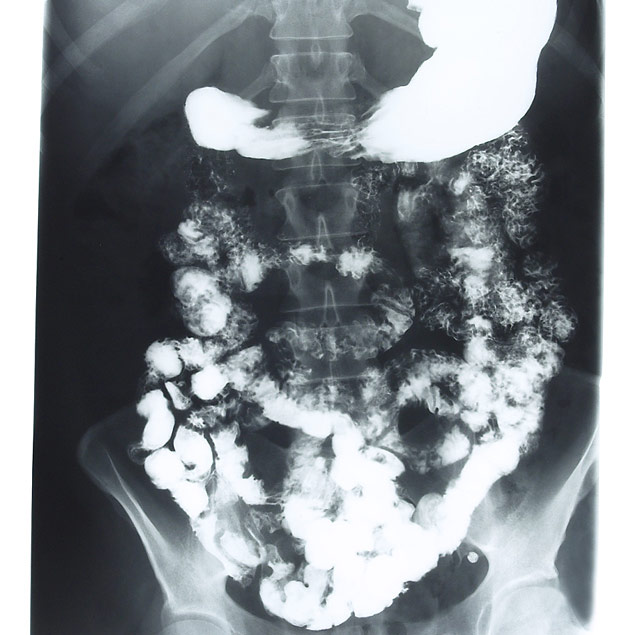TUESDAY, Sept. 27, 2016 (HealthDay News) — Sometimes following up on a gut feeling can make the difference between life and death, especially for people with colon cancer, researchers report.
People who pay attention to their digestive system are more likely to notice worrisome symptoms and seek medical attention sooner, said Dr. Amit Singal and colleagues at the University of Texas Southwestern Medical Center in Dallas.
And when colon cancer is caught early, it is usually easier to treat, Singal explained.
“The old saying ‘listen to your gut’ holds true when it comes to your health. If you notice differences that persist more than a week, contact your physician,” he said in a hospital news release. Singal is a gastroenterologist and an associate professor of internal medicine and clinical sciences.
“Many conditions can cause digestive symptoms, but if it is cancer and you catch it early, you’ll have a better prognosis,” he added.
Signs of possible trouble that should not be ignored include:
- A change in the diameter of your bowel movements,
- Bloody bowel movements,
- Black stools,
- Lower belly pain or discomfort that persists.
Starting at age 50, everyone should be screened for colon cancer — even if no symptoms are present.
Singal said there are a few ways doctors test for colon cancer, including:
- Colonoscopy: This test examines the colon and allows doctors to remove polyps before they can grow and become cancerous.
- FIT (fecal immunochemical test): This test detects blood in the stool.
A new colon cancer blood test, approved this year by the U.S. Food and Drug Administration, may be an option for patients who are not at high risk for the disease, Singal said.
Be aware of your family history and whether any of your relatives have had colon cancer, especially before age 50, he advised.
Colorectal cancer is the third leading cause of cancer-related deaths in the United States when men and women are considered separately, and the second leading cause when both sexes are combined. It is expected to cause about 49,190 deaths during 2016, according to the American Cancer Society.
More information
The American Cancer Society has more about colon cancer.
Copyright © 2026 HealthDay. All rights reserved.

